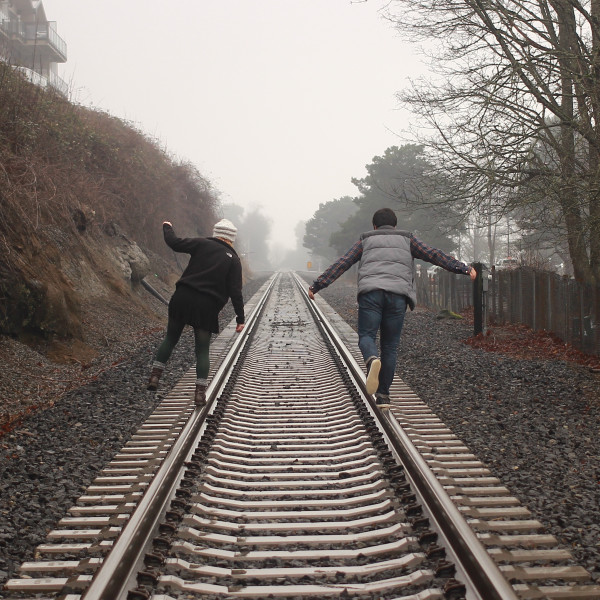What I Would Write

Right now, my mind is a flurry of thoughts, ideas, and questions. This is typical for me, at this time of year, when there’s downtime, when everything is nominally starting over, when I’m reconnecting with my family, and resetting my expectations about life along the way.
With my family, that reset is usually in the direction of the surreal. My grip on conventional reality is loosened, and I start to imagine fresh new possibilities and ways of living.
I had another reset recently, on a speaking trip to Nigeria — fifteen hours of flight time each way, and a world both hauntingly familiar and uniquely alien on the other side.
Through all of this, one of the questions that has been haunting me is: if I had unlimited time to write, what would I write about?
The answer would surely have to include the thing that provoked the question in the first place—the sense that life is open-ended, that the world is full of untapped possibility. To tap into that sense, I turn to my favorite subjects: religion, science fiction, imagination, story-telling, technology, and space travel.
For me, these subjects all point to something about life itself: that it is constantly unfolding, that it wants to be free, that it is gnarly and diverse and unpredictable, rather than secure and stable and constrained. This is, in fact, what we mean by life. The opposite of these things is stagnation, and the ultimate form of stagnation is death.
To choose life is to choose improvisation. To choose life is to choose to face new challenges, and to be provoked to create new solutions to them.
There are many ways we can shirk that responsibility, draw back from the edge, retreat into our fortresses and hovels and holes. If we do that for too long, we end up in a kind of living death, having traded in possibility for security, and opportunity for stasis.
Ultimately, this is a fool’s bargain, because the only real security is in actually living, and for the person who prioritizes security—even what they have is eventually taken from them.
Given life’s bias towards improvisation, the skills we most need in this world seem to be things like play, and imagination, and creativity. This is where science fiction and story-telling and space travel come into play. These are the tools we use to fire up our imaginations, to ignite our creativity, to remind us of the possibilities of new worlds. We need these things, now more than ever.
But if play is important, so are games. One of the best descriptions of life I have ever encountered is the concept of finite and infinite games. Finite games you play to win. Infinite games you play to keep playing. Football is a finite game, while dress-up is an infinite one. ‘Run for President’ is a finite game, while ‘Write books’ is an infinite one.
Of course, life itself is the most infinite game of all.
If we think of life as an infinite game, where our ultimate objective is to keep playing, keep including new people, keep making it more and more fun for everyone — then we’re suddenly in the domain of religion. That, I would argue, is what religion really is: a focus on life at the largest scales, at the most extreme reaches we can imagine.
At these scales, we can only speak in images and metaphor. At these scales, we can only point and hypothesize.
So, of course religion and science aren’t quite on the same page right now. Science helps us see the next few steps ahead. Religion asks us to lift up our eyes to the hills…to the stars…to whatever’s beyond that.
In the gospels, someone asks Jesus what must I do to inherit eternal life? We might also ask, what must we do to play the infinite game?
I think the answer to both of these questions is the same. One of the ways Jesus expresses that answer is this: become like a little child.
Learn to play. Learn to see reality as open-ended. Remind ourselves of other worlds. Dream and imagine and create.
That’s what I think I want to write about. It’s a new year. It’s time to blow the roof off of reality, roll up our sleeves, and get busy playing.